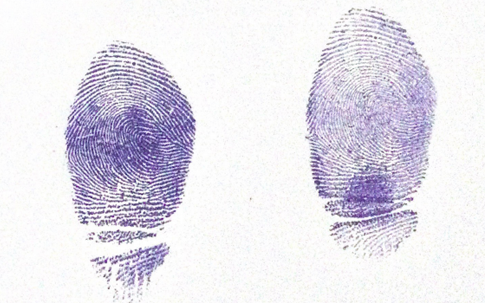About us

We are one of the original nadi astrology families that has been providing this sacred service since the Pallava reign.
The Present Guruji A.Siva Guru Swamy,
wanted to make sure this was available to all for people of all background and irrespective of their race, religion, ethnicity. Hence ,we started this website and have been serving people in 86 countries for 33 years online and continuing the legacy that started in 1802 by Guruji. S.Vaidhyanathan.
Refund
Guarantee
Entry
Fee
About us
We are one of the original nadi astrology families that has been providing this sacred service since the Pallava reign.
The Present Guruji A.Siva Guru Swamy,
wanted to make sure this was available to all for people of all background and irrespective of their race, religion, ethnicity. Hence ,we started this website and have been serving people in 86 countries for 33 years online and continuing the legacy that started in 1802 by Guruji. S.Vaidhyanathan.
Refund
Guarantee
Entry
Fee

who we are
our services
Get Prediction By

Live Reading
Prediction done one on one with an experienced astrologer in your nearest branch and will be given a copy of your birth chart and Audio CD of the prediction.
read more
Online Reading
Prediction done through video or audio call with the comfort of staying in your home and you will be sent an audio recording to your email id.
read more
Swift Reading
A rapid way to get a prediction for our very pre-occupied Customers, is to fill in the form below and send us and you will be sent an Audio recording to your email too.
read more










